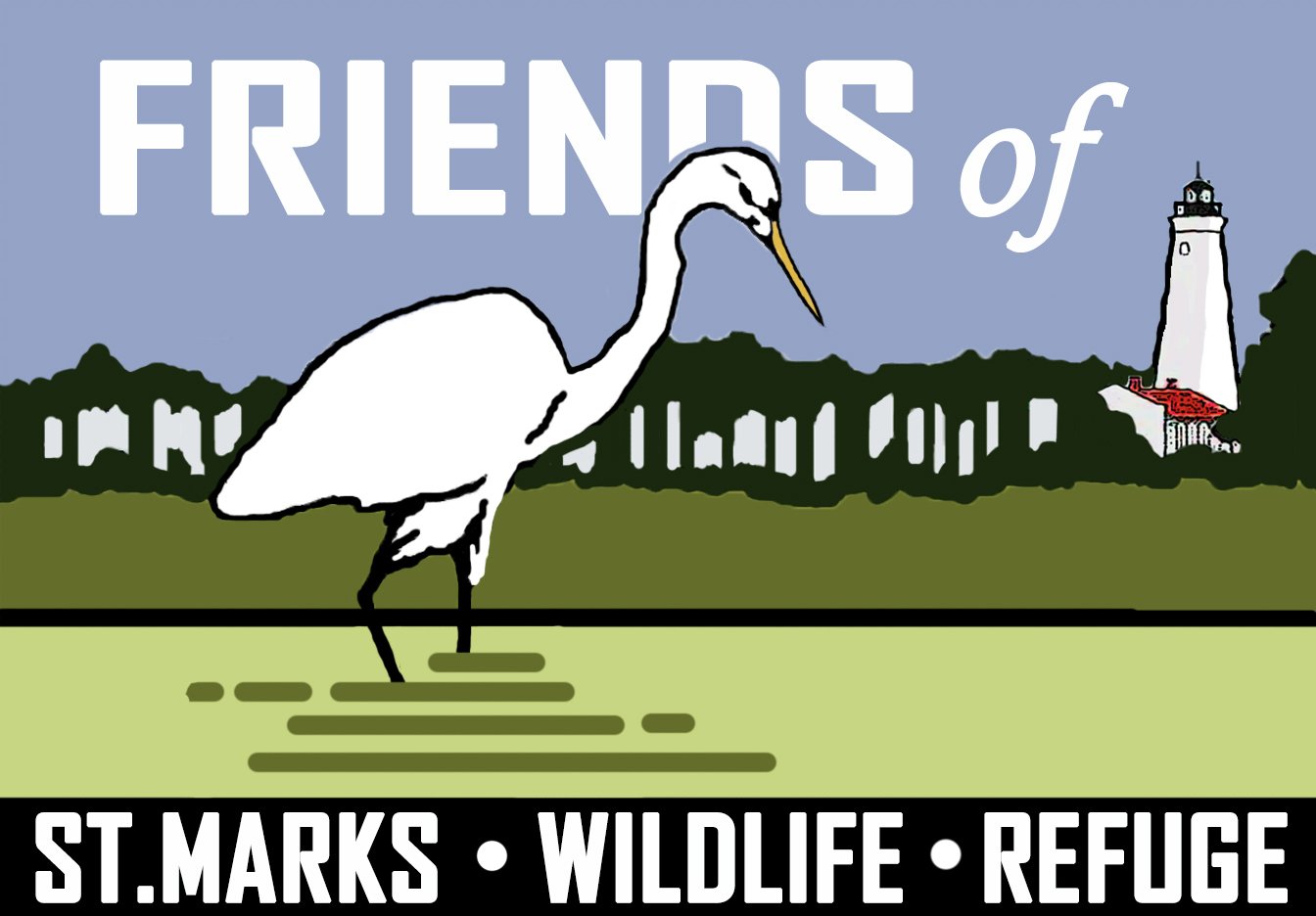Monarch / Milkweed Initiative
The Friends group prides itself in supporting the Monarch / Milkweed Initiative. As the monarch butterfly population continues to decline across North and South America, the Initiative's efforts have focused on discovering the root-causes of this decline. Providing an active source of the monarchs’ host plant, milkweed, is an important goal in the initiative. Certainly, the St. Marks National Wildlife Refuge geographic position along the migratory flyway of monarchs is important and serves as an ideal setting for the plants and the research.
Through the support of the Friends, the Initiative has allowed funding multiple interns and the construction of a milkweed nursery for the research and propagation of milkweed plants. The Initiative has also allowed us to successfully research every species of milkweed found inside of the Refuge.
Again this past year, activity in the Monarch / Milkweed Initiative revolved around many volunteers giving great numbers of hours of service to make this effort the success that it is today. The Wednesday morning workdays, typically, attract 4-10 workers who all help Refuge staff in making the initiative recognized nationally.
This past year, thousands of plant cells have been sown to help further the milkweed populations. The plant species include amplexicaulis, humistrata, tomemtosa, incarnata, viridiflora, pedicillata, matalea, and 2 subspecies of tuberosa.
Also in the past year, a number of groups visited the nursery, partly due to recognition that has grown for the Monarch / Milkweed effort. FSU sustainability department, Chattahoochee Nature Center (Georgia) and the Institute of Food and Agricultural Science in Okaloosa County are just a few of the organizations who have visited. Duke Energy also visited over the late spring to get information about plantings they could put in place along power line easements.
One specific example of current research notes that wild populations of A. humistrata, found directly in-and-around the Refuge, make it advantageous to study the milkweed life cycle. Resulting data collected helps to determine when plants come up, when they flower, what insects are pollinating them, and when they yield seeds, which is useful information for workers in the nursery.
The Monarch / Milkweed initiative is important. The Friends have been excited to see how this effort has evolved over time, and that it is now a biological initiative that it is being recognized nationally.


